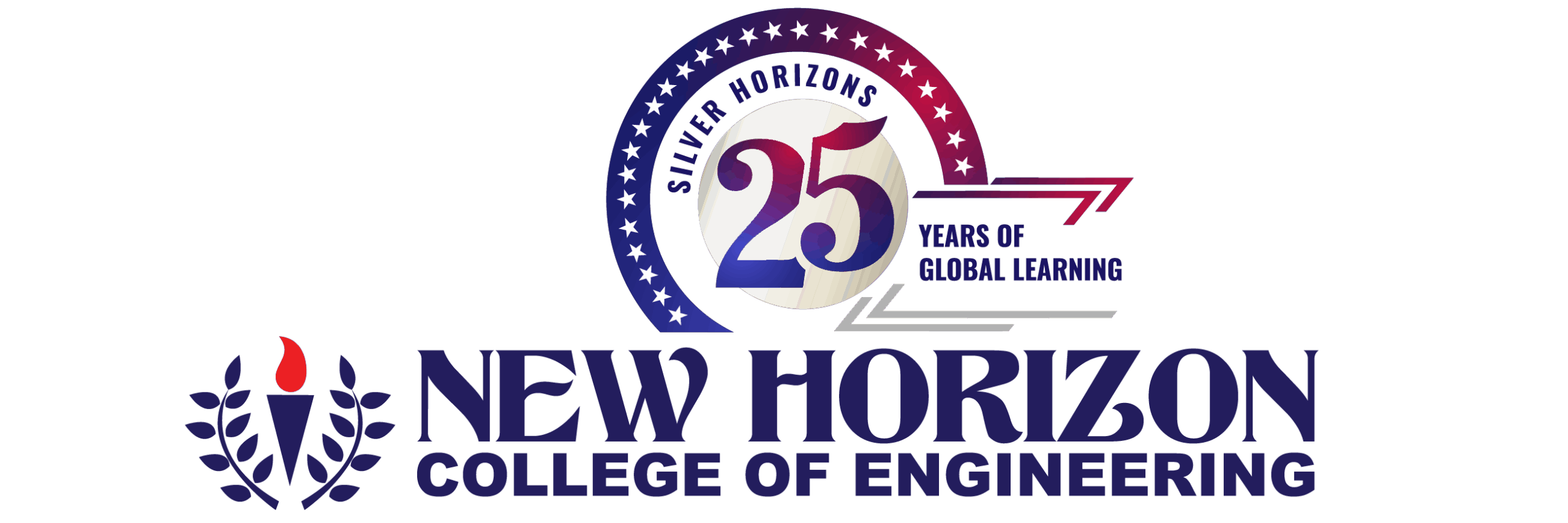PROGRAMS
PROGRAMS OFFERED
- B.E in Electrical and Electronics Engineering.
- MS/PhD
About Electrical & Electronics Engineering UG Program
- The curriculum of the Electrical & Electronics Engineering program comprises of various distinct areas namely: Programme Core, Professional Elective Courses, Open Elective Courses, seminar, laboratoryexperiments, technical projects, co-curricular/extracurricular activities, etc. The program aims to train the students to enlighten new paths to prepare a student for a lifetime of continual learning and application of knowledge to real-life situations. This program features New broad-based curriculum and flexible program structure, balance of theoretical foundations, hands-on, and experiential learning, Emphasis on design-oriented thinking, creativity, life-long learning, Interdisciplinary, and Department-specific Specializations that Prepares students to compete effectively in a world of high rapid technological advancements to pursue entrepreneurship & industry collaboration through engineering innovation
- The programme offers sufficient flexibility for the aspiring students to undergo various elective courses which provide ever challenging needs of technical excellence in all areas of electrical engineering with a strong focus onDigital System, Microcontrollers & Embedded Systems, Control Systems & Instrumentation, Power Electronics & Electrical Drives, Power and Energy Systems, Advanced Industrial & Building Automation, Smart Grid Technologies & Industrial IoT, High Voltage Engineering and emerging technologies like, Electric Vehicles, Solar Photo VoltaicTechnologies with the aim of providing a sound background in the areas of Electrical and Electronics Engineering. This emphasizes a broad-based knowledge in general engineering, and engineering methodologies, and enables the students to appreciate the links between science and engineering to shape graduates into hard-core professionals who would become effective leaders and noteworthy technological innovators.
- The technical infrastructure and laboratory facilities are upgraded periodically and provide adequate opportunities for students and researchers to learn, innovate,and are introduced to engineering practice through laboratory courses, works visits, practical training, projects which provide the ability to apply technical skills to identify, formulate, and solve complex problems encountered in modern electrical engineering practices. This equips their ability to compete effectively in a world of rapid technological advancements. Departmental courses focus on changing paradigms of Evaluation and Assessment, the performance of students in a course is evaluated not only through examinations but also on a continuous basis which includes but not limited to interaction in the classrooms, quizzes, assignments, tutorials, laboratory work, term papers, and projects. Technology-enabled aids have been assimilated into continuation evaluation as an integrated component. The Department provides Internships for all students in the core, Information Technology (IT) fields and public sectors of Electrical Engineering.
- Opportunities and challenges continue to necessitate Electrical engineers to create the future by emerging advanced technologies that resolve global problems and enrich the quality of life. The consistent advancements and innovations proceeding in the domain of electrical engineering have paved the way for an immense opportunity for engineers to exercise their academic and theoretical expertise, and experiment with their ideas to make significant innovations and improvisations. The future is about Renewables, clean energy, electric cars, effective electricity transmission, and smart grid technology. Thus,job prospects in the power industry are in high demand for Electrical Engineerswho graduated from this program.
Focused Major Areas:
- Power and Energy system
- Power Electronics and Industrial Drives
- Advanced Industrial and Building Automation
- Microcontrollers and Embedded System
- Electrical Machines and Special Machines
- Control System and Instrumentation
Focused Professional Electives:
- Artificial Neural Networks and Fuzzy Logic
- Industrial IoT-Embedded systems
- Smart Grid Technologies
- Applications of IoT in Electrical Engineering
- Virtual Instrumentation
- MEMS and Applications
- Electrical Vehicle Drives
- FACTs and HVDC Transmission
- Simulation of Power Electronics
- Photo Voltaic Systems & Applications

